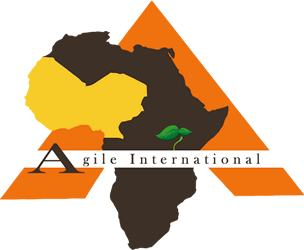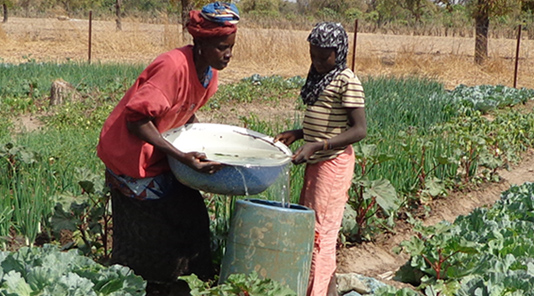Global Human Floods from south to north are nothing new. In the past few years, there has been an increase in the rate of migration from arid regions to semiarid regions. But perhaps a better understanding of why these migrations take place can ease tensions and create a win-win situation for host nations.
There are a number of factors that govern the growth of nations, both developed and developing nations. Wealthier nations have become major drivers of global development. These nations have been helping the developing nations; and the United Nations has encouraged developing nations to join hands with developed ones.
The building blocks of development are mergers, treaties, strong business relations and symbiotic use of resources. Sustainable development is part of economic as well as ecological growth. This simply means that the needs of the present generation are fulfilled without compromising the benefits of future generations. With globalization and technological advancement, the lives of many people have become easier, but somewhere it has affected our environment.
The principle of sustainable development seeks to ensure that each individual has access to all the basic resources of the society without harming the environment, so that there is no deprivation for future generations. That principle is violated when the majority of the population does not have access to the proper resources of the society. People migrate from their own land to other countries in search of better opportunities for themselves. This results in multiple problems, one of which is Human Flood migration. However, we need migration for many reasons.
Migration can help spur social and economic development. There are millions of people migrating from one nation to another every year, many of whom are seeking better job opportunities, education and investment. At times, some migrate to escape poverty and conflict.
The number of in-country migrants is several times higher than the number of international migrants. Worldwide, many migrants suffer from labor exploitation; substandard housing conditions; low access to public infrastructure, educational facilities and social protections; and/or lack the opportunity to participate in society and politics.
Furthermore, there are growing manifestations and expressions of xenophobia, racism and intolerance toward migrants worldwide. This is restricting migration and global development at some level, affecting overall development.
Environmental factors have also affected the global migration flow, as many people are fleeing areas of climatic degradation. Environmental migration is an approach that helps in sustaining the climate change.
The win-win role that the developed countries can play is to invest in community development initiatives, invest in women empowerment initiatives, support education for girls and women, and support women leadership initiatives so that families will be stronger, communities will become more stable, and peace and development will flourish, as well as ensuring a return on investment for the developed nations.
Agile International is paving the way to reverse migration by developing rural and vulnerable communities.

